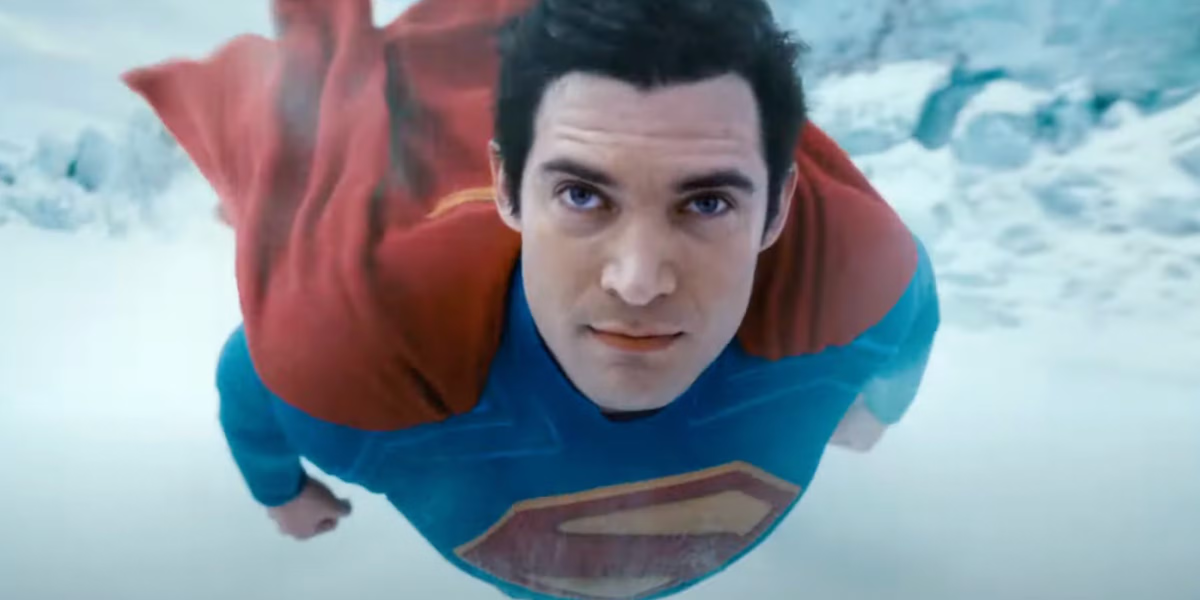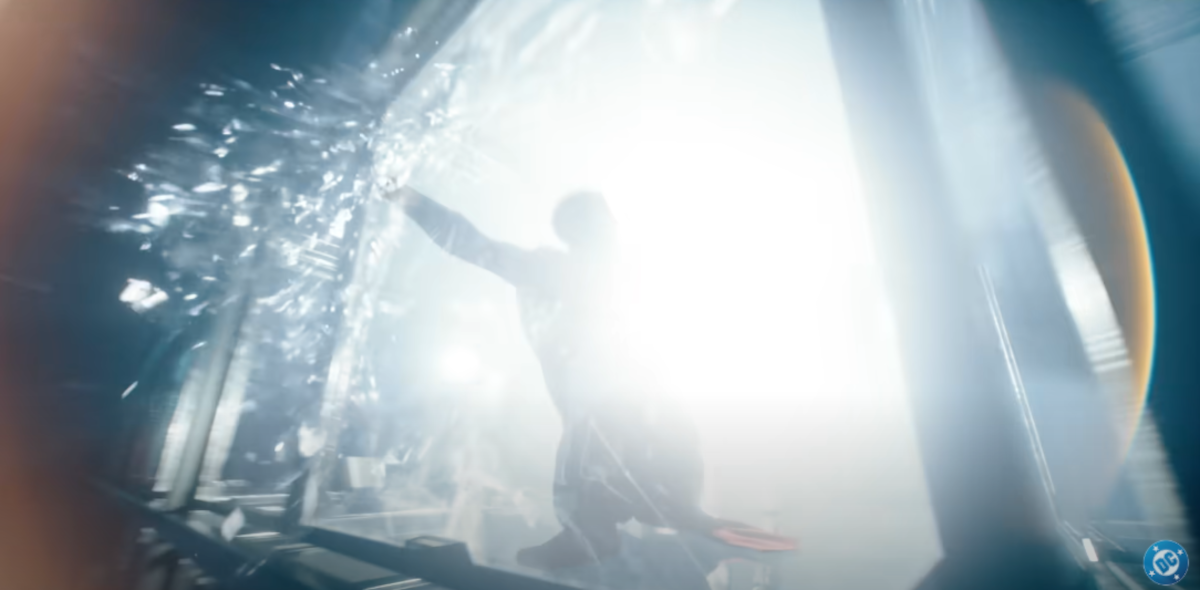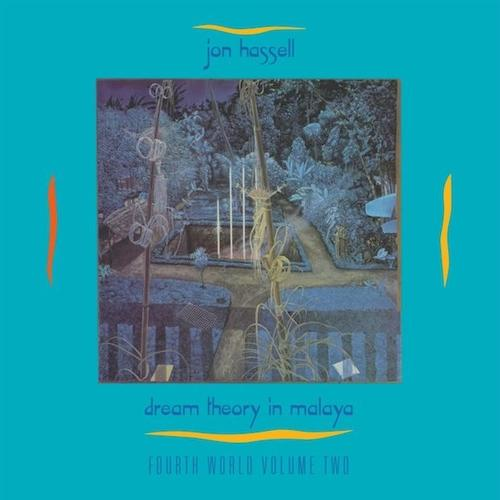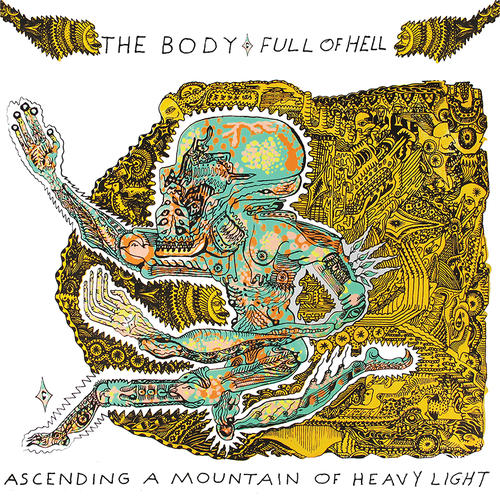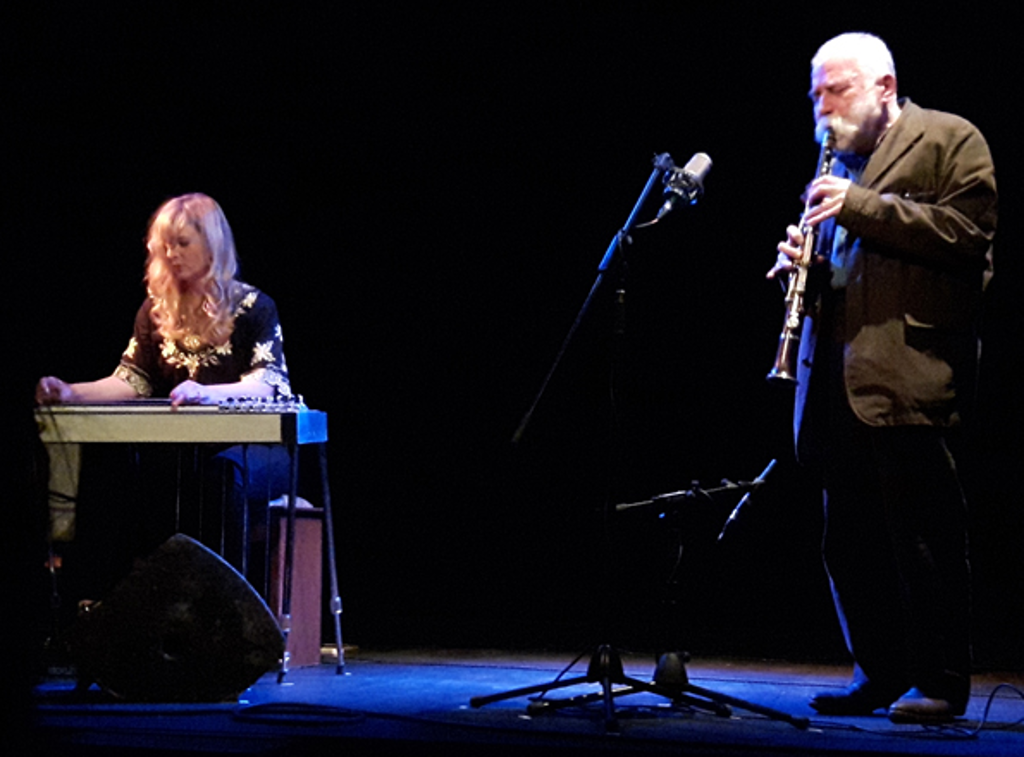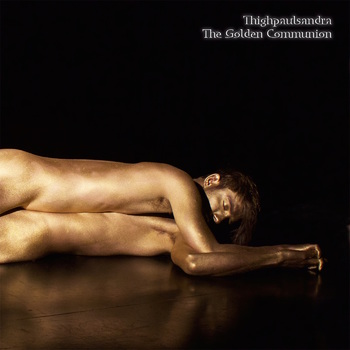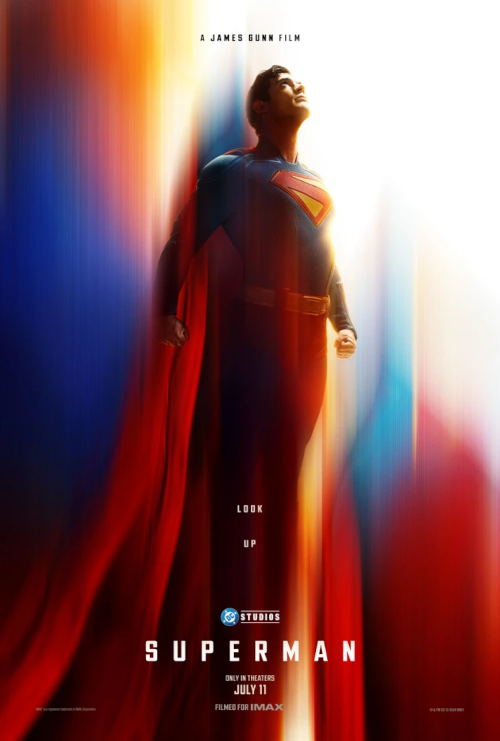 The greatest superhero of them all rebounds from a couple of less-than-popular attempts to improve upon Christopher Reeve’s beloved and at least halfway believable interpretation, which is now almost half a century old.
The greatest superhero of them all rebounds from a couple of less-than-popular attempts to improve upon Christopher Reeve’s beloved and at least halfway believable interpretation, which is now almost half a century old.
But these days, of course, not only does the Man of Steel have to meet sky-high expectations in terms of spectacle and visual effects, but he also has to compete with an overcrowded marketplace of increasingly indistinguishable spandex-clad do-gooders. So he’d better be faster than the speeding bullet of audience fatigue, and more powerful than the locomotive of diminishing returns.
In between supervising his new employers’ entire cinematic output, James Gunn has devoted himself to both writing and directing this first episode of the DC Universe, and compared to his irreverent work with Marvel (not to mention his humble origins at the cheerfully amateurish Troma Entertainment), this is an order even taller than the buildings his hero once leapt.
He responds by skipping the oft-repeated, Moses-inflected origin story in a single bound, instead of wasting the first act telling us what we already know. He takes Superman’s brightly-coloured world for granted, as opposed to mocking it with a tiresome stream of self-aware, rib-nudging jokes, or working so hard to ground it in our reality that we might as well not be watching a superhero movie at all.
Gunn tries to balance out his dedication to escapism by giving these archetypal comic-book characters a measure of depth, without betraying what makes them who they are. David Corenswet’s Clark Kent is an awkward nebbish but with a cheeky side; Rachel Brosnahan’s Lois Lane is tough, smart and nosy, but acts as Clark’s moral conscience, arming him not only against the social media-manipulating villains but also his ostensible and less ethically-minded allies; and Nicholas Hoult’s Lex Luthor is a petulant psychopath who despises the irreducible good in Superman, but for toxic personal reasons.
Among those punching the boundaries of what’s acceptable in a Superman movie are a pleasingly scruffy mutt called Krypto the Superdog, and a first-draft version of the Justice League led by a boorish Nathan Fillion sporting a magic ring and a pudding-bowl haircut. There’s also a Perry White, a Jimmy Olsen, a Cat Grant and a Miss Teschmacher, but they tend to fly in and out of the movie at super-speed, so we barely get a sense of who any of them are. Gunn’s other chief balancing act is to intersperse the epic and imaginatively shot action sequences with well-placed close-ups that remind us to share in their emotional as well as physical impact. After all, if you don’t care about the characters, the movie ends up as no more than a sugar rush, complete with post-prandial headache.The sets riff on architectural principles familiar from many previous depictions of the Fortress of Solitude, the Kents’ farm, the city of Metropolis etc, and are frequently bathed in warm high-key lighting that simulates the strength-giving rays of our yellow sun. Minor liberties have been taken with the costume, but it certainly remains on haberdashing terms with the classic red-blue-and-yellow design of the 1930s. But then if perfect comic-book accuracy is one of your main criteria for a superhero movie, then why bother going to see them at all when you’ve got a walk-in closet full of actual comics at home? You’d just be cutting off your ‘S’ to spite your chest.
Besides, Gunn’s love of the source material can be so infectious you cling for dear life to the famous red cape as its wearer rockets through the troposphere, and so deep you need microscopic super-vision to appreciate its endless fractals. And a good thing too, because plot-wise the film is a crazy, sometimes glorious mess, as we gallop through scene after scene without giving them a chance to breathe. But each spectacular set-piece is directed with enough visual flair and wit that one’s instinct is to just go with it. To put it in terms comics aficionados would recognise, this iteration hovers between the vividly optimistic homage of Grant Morrison’s All-Star Superman and the coming-of-age tale told in Mark Waid’s Birthright. Like Zack Snyder’s otherwise mindless aberrations, it dares to introduce the heretical notion that altruism can be a politically dangerous thing, which is a potent one in these antagonistic times. But, also like Snyder, Gunn either fails or refuses to do anything interesting with it; he prefers to spend his generous runtime building a world that general audiences haven’t yet promised they’ll pay to revisit.Like an eight-year-old boy let loose in a toy shop, his rich dad’s credit card clutched in his chocolate-smeared mitt, James Gunn has gleefully grabbed a variegated range of characters and other elements from the long and storied history of DC Comics, then proceeded to splat them all over the screen. As a result of this strategy, his Superman film functions best as a proof-of-concept for Warner Bros shareholders hoping that their new line of content will plug the gap in mass-audience affections left by the now-struggling MCU.
This bumper package of geek-prodding ephemera distracts from the film’s stated narrative goal of exploring its hero’s struggle with his multiple identities, which could have been a really interesting and compelling story, given half a chance. It’s a feast for fans who just want to see moving splash pages of airborne fisticuffs and giant alien monsters, but audiences hoping for a simpler and more human story might need a super-sized stomach to digest it all.Still, when the real world is a festering swamp of despair, you can hardly blame your average moviegoer for wanting to look up in the sky for even a fleeting symbol of hope.
-Stew Mott-
